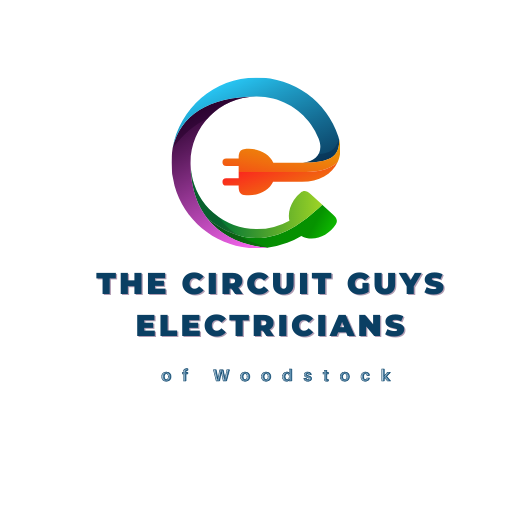When you need an electrician, you need someone who can do the job correctly and safely. However, you also need to make sure that the person you hire has the proper insurance coverage to protect you in case of an accident. Unfortunately, many electricians don’t carry liability insurance. If you hire an uninsured electrician, you could be held liable if they cause damage to your home or business. That’s why it’s important to find an insured electrician before you hire them. There are several ways you can find an insured electrician. You can start by asking friends and family for recommendations, or you can search online for an electrician in your area. In this blog post, you’ll learn about how to find an electrician who is insured and why it’s so important.
Ask around
One of the best ways to find an insured electrician is by asking friends and family for recommendations. Many electricians won’t let you hire them without insurance, so they may recommend someone else. If you find an electrician who is insured, you can be sure they have the proper liability insurance. You can also ask your friends and family if they know any electricians who aren’t insured. If they do, you can cross them off your list. It’s also a good idea to ask if they know any electricians who carry the proper liability insurance. If so, you can ask for their contact information.
Research online
Another great way to find an insured electrician is by searching online. There are many websites that allow you to search for electricians in your area. You can even search by specialty, so you can find someone who can install a new lighting system or upgrade your electrical panels. Before you hire an electrician, you should make sure they are insured. You can do this by checking their insurance license. If they don’t have an insurance license, then they aren’t insured. You can also Google the name of an electrician and their insurance company. If you find a website that lists the electrician’s insurance company, then you can be sure they are insured.
Check with the insurance company
If you find an electrician who is insured, you can also check with the insurance company to make sure they are properly licensed. This is important because not all insurance companies offer liability insurance. If an electrician isn’t properly insured, then you could be held liable if they cause damage to your home or business. If you find an electrician who is properly insured, then you can be sure they have the proper liability insurance.
Ask for proof of insurance
Another way to find an insured electrician is to ask them to show you their insurance. While it’s best to hire an electrician who has their own insurance, you can also hire an electrician who is insured through their employer. If an electrician is insured through their employer, then you can ask them to show you their insurance. If they can’t show you their insurance, then you should look for another electrician.
Conclusion
Finding an insured electrician can be difficult, but it’s an important part of hiring a contractor. If an electrician isn’t insured, then you could be held liable if they cause damage to your home or business. That’s why it’s important to find an insured electrician before you hire them. There are several ways you can find an insured electrician. You can start by asking friends and family for recommendations, or you can search online for an electrician in your area. In this blog post, you’ll learn about how to find an electrician who is insured and why it’s so important.
